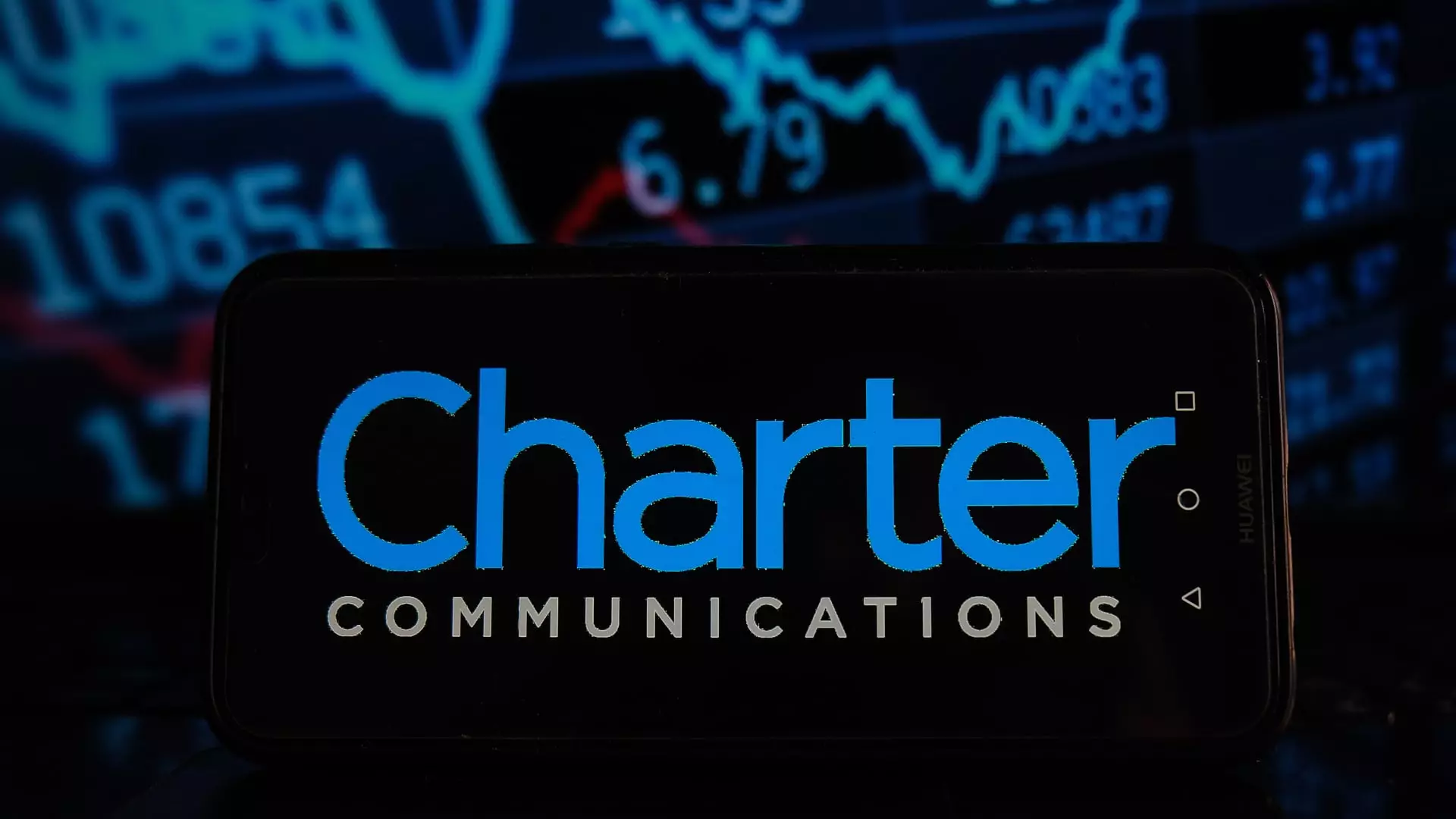In a monumental shift within the telecommunications landscape, Charter Communications and Cox Communications have agreed to merge, a deal estimated to be valued at a staggering $34.5 billion. This operation signals a potentially alarming trend: the growing concentration of power in the cable industry. While corporate synergies and streamlined operations may seem beneficial on paper, the reality is that fewer competitors often lead to complacency, increased prices, and diminished service quality for consumers.
Charter, known for its Spectrum brand, has long been a formidable player, served by a network that provides services to millions of households. With this merger, the landscape is poised to become even more homogeneous. Cox, the largest privately held broadband provider in the U.S., adds another layer of complexity to the existing oligopoly dominated by a handful of corporations. The impending merger raises eyebrows for critics who question the inherent drawbacks of consolidation and its implications for the average consumer.
A Deteriorating Landscape for Cable Customers
As the digital age progresses, consumers increasingly abandon traditional cable subscriptions, opting instead for flexible streaming platforms and wireless internet solutions like 5G. The subscription model that has served cable companies for decades is cracking under the pressure of change, leading to significant losses in customer bases. Charter recently reported a loss of 60,000 broadband customers within a single quarter and a staggering 181,000 cable TV customers, stark evidence that the business model is faltering.
When two cable giants merge, the immediate question is whether this will translate into better services or simply escalate the existing trend of disruptive practices. With Charter’s earlier acquisition of Liberty Broadband and now the pact with Cox, one must wonder: Will competition suffer, and will consumers have to swallow higher prices with fewer choices? As these companies shift their focus toward mobile solutions to retain customers, the stranglehold on cable service options raises red flags.
Financial Promises vs. Reality
According to projections from Charter, the merger is expected to yield $500 million in annualized cost synergies within a mere three years. However, the term “synergy” is often a euphemism for layoffs and downsizing essential services. While proponents will argue that streamlined operations can enhance efficiency, evidence from past mergers suggests that the gains usually come at the expense of employee stability and customer experience.
Furthermore, Charter and Cox’s amalgamation poses an existential threat to smaller broadband providers struggling to compete in the tight marketplace. Amidst promises of enhanced technology and improved service delivery, the likelihood of vendors being squeezed out of business grows. The implications could be dire for a consumer base already weary of the monopolistic tendencies of the telecommunications industry.
The Leadership Conundrum: Who Truly Gains?
Under the terms of the merger, Chris Winfrey will continue as the CEO of the newly formed entity, while Alex Taylor will step in as chairman of the board. This merger is significant not just for its financial implications but for the leadership dynamics it establishes. Will the board genuinely prioritize consumer interests, or will it lean toward established strategies that often favor shareholders over customers? The leadership structure reveals a deeply embedded corporate culture that prioritizes profit margins instead of fostering genuine competition and innovation.
The strength of the deal indicates a fortress mentality among legacy providers, who may be more focused on preserving their market share than on responding to the fluid needs of modern consumers. In a world evolving towards comprehensive digital solutions, one must ask: Is this merger going to create a fertile ground for innovation, or will it simply bury the aspirations of smaller, more agile providers?
In the end, the Charter-Cox merger is emblematic of broader trends infiltrating corporate America, sparking debates about monopolistic practices, consumer rights, and market competition that are more relevant now than ever. While merger proponents tout the upsides, it’s imperative to scrutinize the potential pitfalls and encroachments on consumer freedom that may inevitably surface.

Leave a Reply